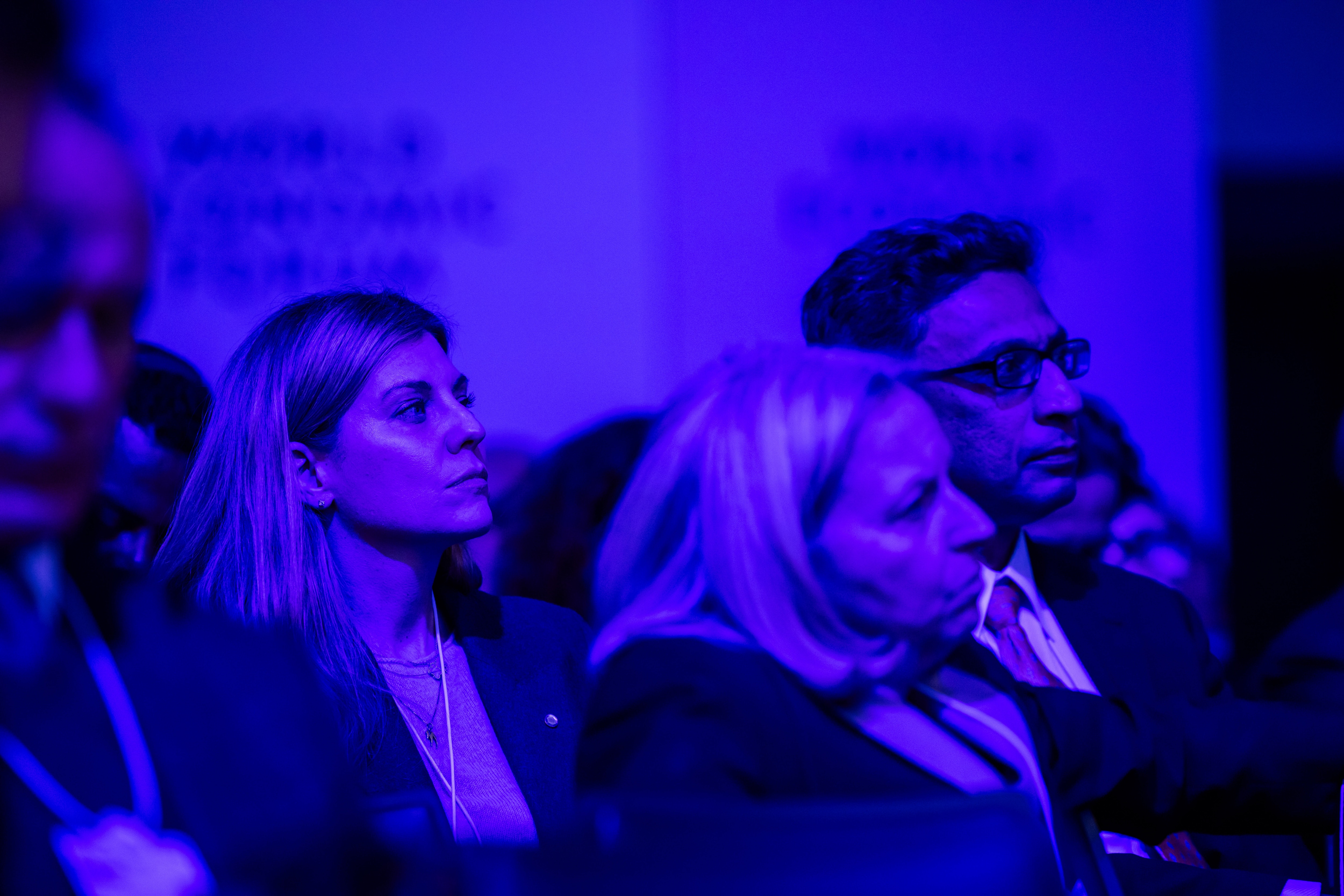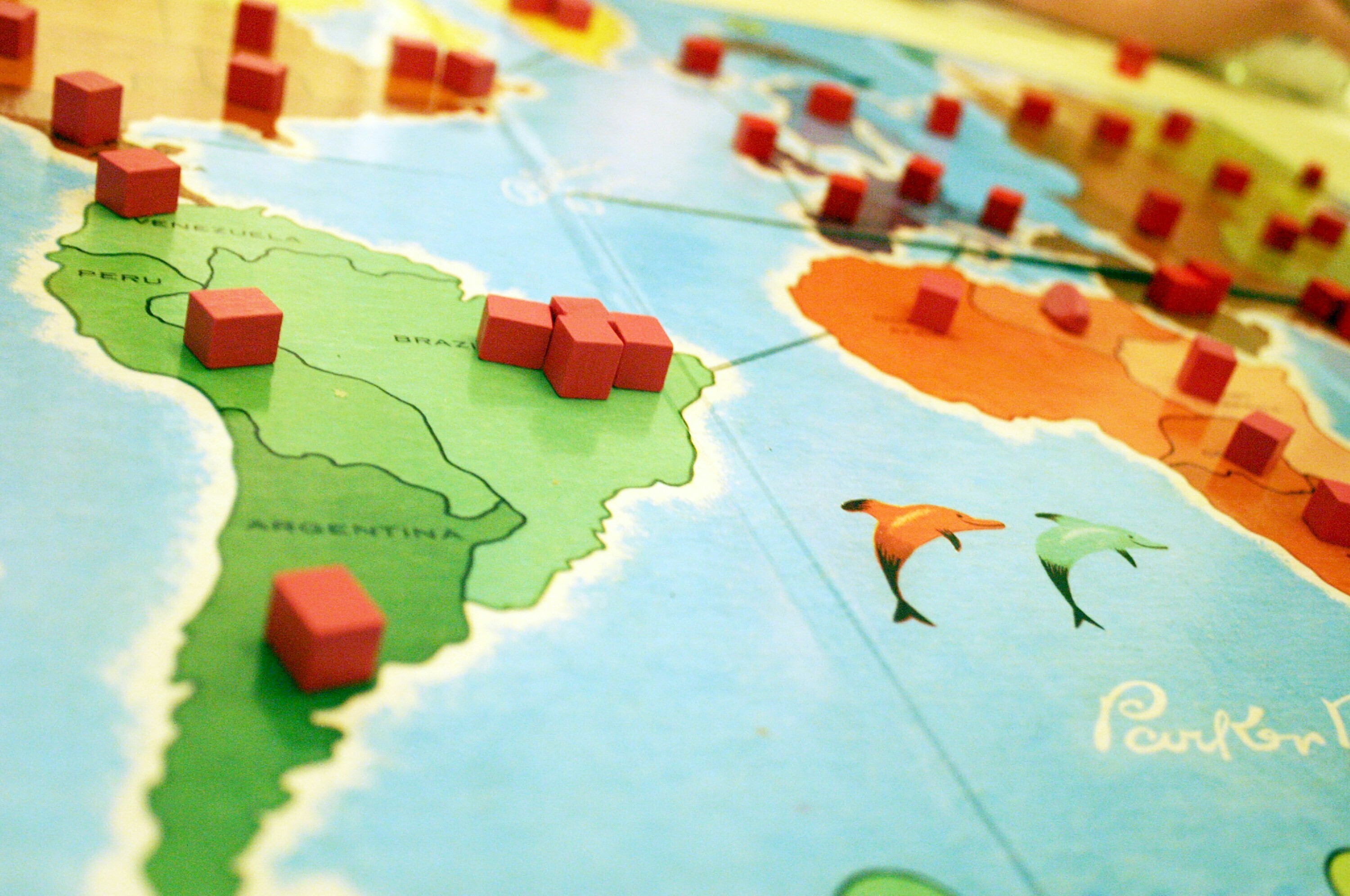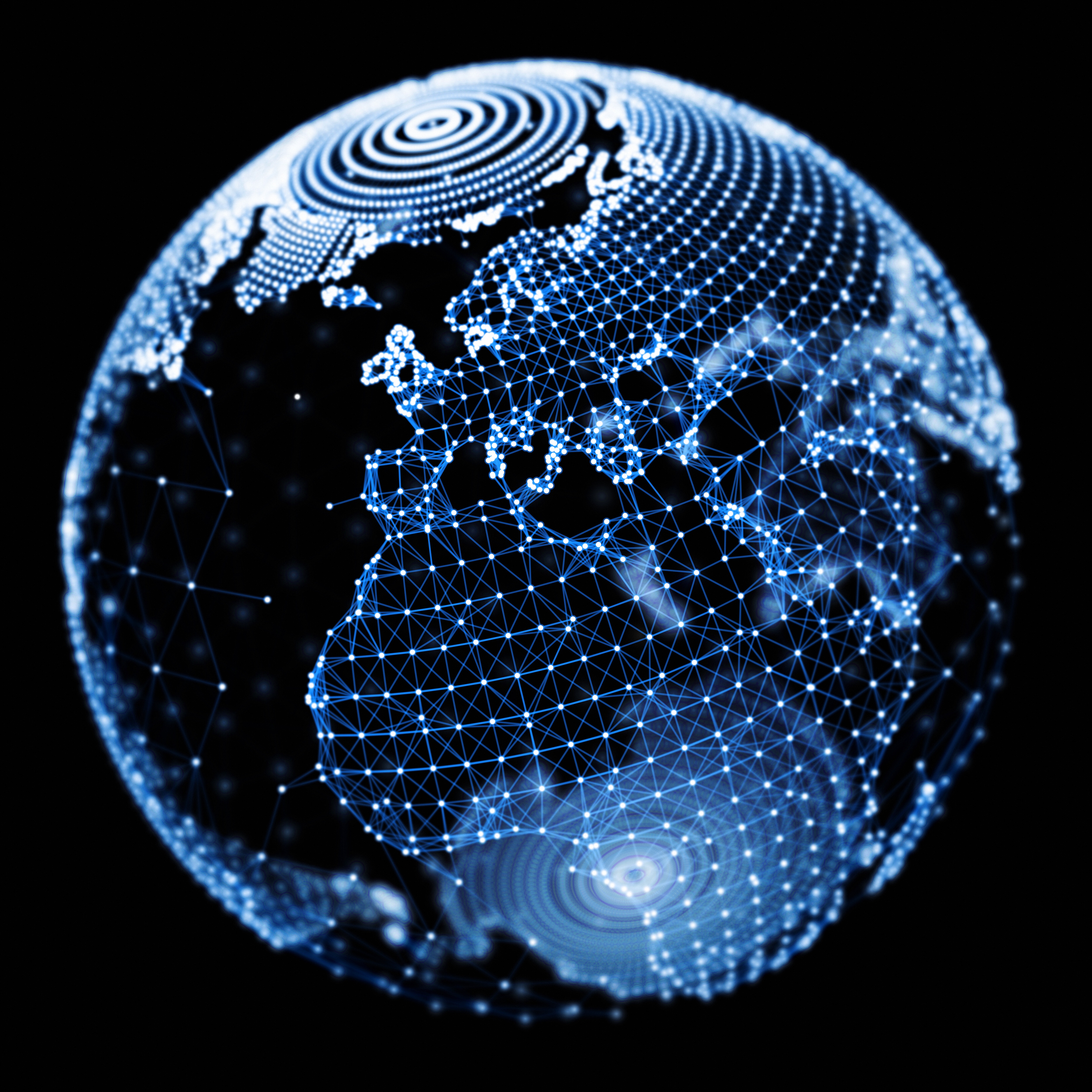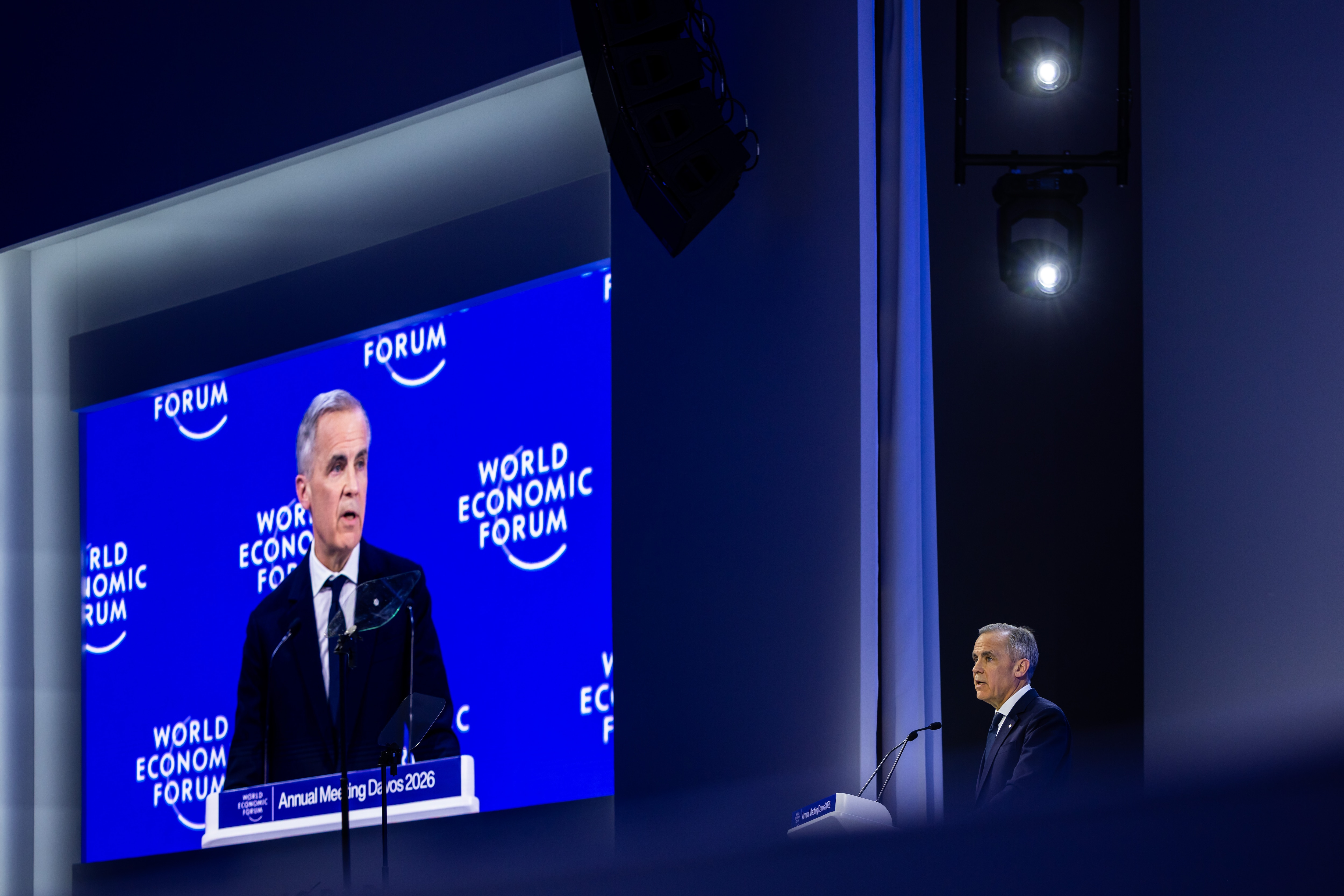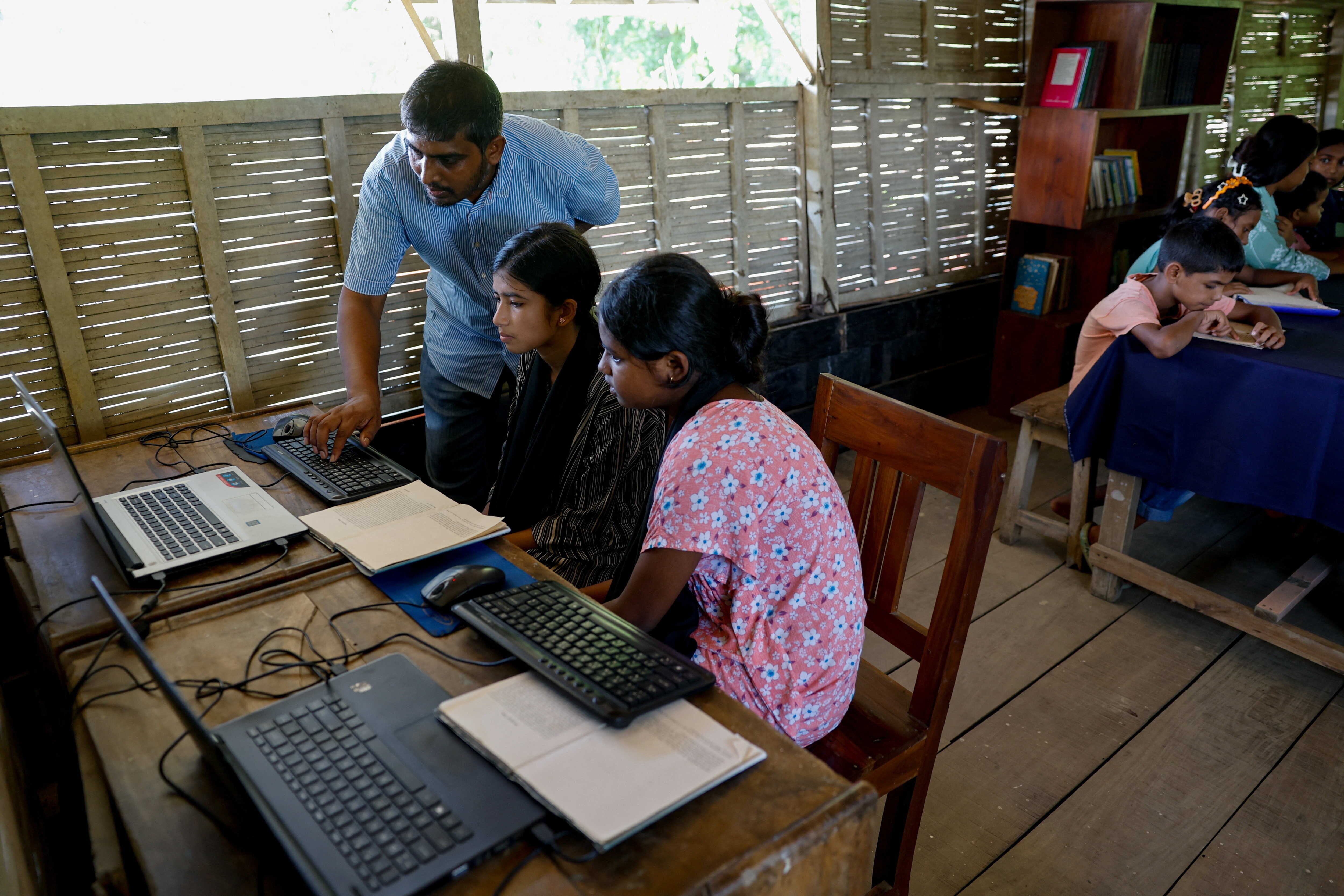Opinion
5 ways the GCC is supporting global cooperation

The GCC comprises six Gulf states – Bahrain, Kuwait, Oman, Qatar, Saudi Arabia, and the United Arab Emirates (UAE). Image: Charles-Adrien Fournier/Unsplash
Abdulla bin Adel Fakhro
Minister of Industry and Commerce, Ministry of Industry and Commerce of Bahrain- Global cooperation is an imperative as the world continues to navigate heightened geopolitical tensions and face conflicts.
- The Global Cooperation Barometer report seeks to assess the current state of global cooperation across five key areas.
- The Gulf Cooperation Council, or GCC, is embracing cooperation by forging new alliances and expanding trade partnerships.
"While the geopolitical dial won’t, and shouldn’t, turn back to the order of the past, it must turn more towards cooperation" – as the world continues to face heightened economic and political tensions and following a year that saw the highest number of violent conflicts since the Second World War, these words of warning certainly ring true.
They were issued in the World Economic Forum and McKinsey & Company’s The Global Cooperation Barometer, a report that brings together a broad range of indicators to assess the current state of global cooperation. It focuses on five key areas: trade, innovation, climate, health and security.
Despite mounting pressures, the report points to new areas of collaboration as a sign that progress is still being made. The Gulf Cooperation Council (GCC) is embracing that approach, as its member nations – Bahrain, Kuwait, Oman, Qatar, Saudi Arabia, and the United Arab Emirates (UAE) – forge new alliances and expand trade partnerships.
How the GCC is contributing to global cooperation
Let’s explore how GCC nations are contributing to global collaboration across the barometer’s five categories.
Trade and capital flows
Economic integration is an important building block towards international cooperation. The GCC itself exemplifies that.
While the union has encouraged deeper ties between members, GCC countries have also been busy building trading relations with a broad range of external partners. This is a key part of the bloc’s economic diversification strategy, driving foreign direct investment (FDI) into growth industries to help reduce its dependence on oil revenues.
Saudi Arabia plans a logistics hub with China, for example, while the Duqm Port project in Oman, part of the country’s Vision 2040, has attracted global trade partners and FDI from countries such as China and the US.
These free trade measures not only support the region’s efforts to diversify its economy, but they also help cement its strategic relationships with both East and West.
Innovation and technology
With the region investing in smart cities, digital technologies and a growing startup ecosystem, the GCC is making significant efforts to encourage tech collaboration.
Bahrain’s FinTech Bay has established the kingdom as a regional fintech hub and is driving investment into its fintech ecosystem through innovation labs, acceleration programmes and educational opportunities.
Similarly, the UAE’s Strategy for Artificial Intelligence aims to “attract talent and business from across the globe” into its fast-growing artificial intelligence (AI) sector. That includes activities like hosting international conferences and coordinating academic research programmes.
Qatar’s Science & Technology Park, meanwhile, is taking a broader approach, partnering with international companies to innovate in areas including energy, health and IT.
Whether in the lab, the boardroom or the conference centre, these outward-facing activities will see GCC countries deepen their ties with like-minded innovators across the globe.
Climate and natural capital
There is no area where cooperation is more urgent than climate action, particularly in the traditionally oil-reliant GCC region, which is now investing heavily in transitioning away from fossil fuels.
GCC nations are advancing their environmental goals, particularly in energy. Saudi Arabia has plans to green the desert through an initiative to plant 10 billion trees and restore 40 million hectares of degraded land.
Initiatives like the UAE's Masdar Clean Energy programme, meanwhile, include major solar, wind and green hydrogen projects. Bahrain's 72-megawatt multi-site solar project in Sakhir will also play a key role in its renewable energy targets.
Executing and ramping up these initiatives will require deep collaboration with international companies, both to install clean technologies and eventually to export them to other regions. At the same time, by reducing its emissions, the GCC will have to play a key part in the ongoing global effort to reach net zero.
Health and wellness
Through cutting-edge technology, joint research projects and partnerships, the GCC is working alongside the international community to build a healthier world.
The GCC – and Qatar in particular – is playing a key role in the field of pharmacogenomics (PGx), which investigates how genes affect drug response. Initiatives such as the Qatar Genome Program aim to facilitate greater collaboration among pharmaceutical companies and researchers worldwide. By harnessing international expertise and conducting comparative studies, the GCC aims to help proliferate PGx on a global scale.
Elsewhere, Saudi Arabia’s advanced healthcare system is providing services to visiting patients from across the Middle East, while the UAE is working with the World Health Organization and Bill & Melinda Gates Foundation to distribute life-saving vaccines. Bahrain, meanwhile, achieved a historical milestone in 2023, when it became the second country globally after the UK to successfully treat sickle cell disease with CRISPR-based gene editing therapy.
Whether it's Qatari research contributing to game-changing medical breakthroughs or multilateral partnerships to enhance health preparedness, the GCC continues to be a proactive partner in efforts to advance global health.
Peace and security
This category has seen the sharpest decline of the five categories in the World Economic Forum’s barometer. Yet, with conflicts erupting across the world over the last few years and a surge in cyberattacks, the GCC has maintained its commitment to diplomacy.
GCC nations have continued to advance regional stability through multilateral diplomatic initiatives. Since 1996, Saudi Arabia has provided $133 billion worth of humanitarian and relief aid to more than 170 countries.
The GCC is also seeking preventative measures. It’s looking to establish a union-wide cybersecurity strategy through the GCC Ministerial Committee for Cyber Security and stepping up its cooperation with the EU around disaster response.
At the national level, Bahrain’s Telecommunications, ICT, and Digital Economy Sector Strategy (2022-2026) aims to give at least 20,000 citizens the skills and knowledge to combat cybercrime.
By supporting international relief efforts and defending cyberspace from attacks by malicious actors, the region is actively engaging in international diplomacy.
Global cooperation more important now than ever
Global cooperation remains under threat in a world fragmented by geopolitics and ongoing conflict, among other risks.
Our increasingly fragmented world needs partners willing to play a more constructive role in the global community, to help steer it back towards a more collaborative environment capable of building peace and tackling climate change.
The path ahead remains complex but, with its efforts to build bridges and cooperate with diverse allies, the GCC is showing it’s up to the challenge.
Don't miss any update on this topic
Create a free account and access your personalized content collection with our latest publications and analyses.
License and Republishing
World Economic Forum articles may be republished in accordance with the Creative Commons Attribution-NonCommercial-NoDerivatives 4.0 International Public License, and in accordance with our Terms of Use.
The views expressed in this article are those of the author alone and not the World Economic Forum.
Stay up to date:
Global Governance
Forum Stories newsletter
Bringing you weekly curated insights and analysis on the global issues that matter.
More on Global CooperationSee all
John Letzing, Gayle Markovitz and Pooja Chhabria
January 28, 2026

